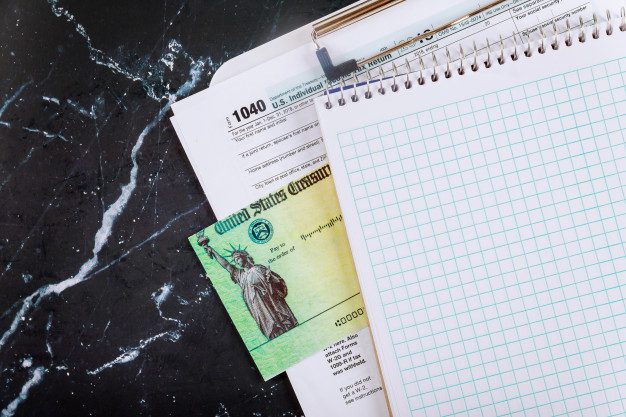Like many in the payments industry, I have been trying to understand the enormous undertaking of getting the trillions of dollars in stimulus money into the hands of consumers.
The story keeps changing depending upon the source, and some sources even contradict themselves. A CNN report is now stating that based on the time it takes to create and mail checks, some individuals won’t see their deposit for months.
Here’s what some of the Treasury’s most recent statements revealed in a question and answer format:
How will the IRS know where to send my payment?
The vast majority of people do not need to take any action. The IRS will calculate and automatically send the economic impact payment to those eligible.
For people who have already filed their 2019 tax returns, the IRS will use this information to calculate the payment amount. For those who have not yet filed their return for 2019, the IRS will use information from their 2018 tax filing to calculate the payment. The economic impact payment will be deposited directly into the same banking account reflected on the return filed.
I am not typically required to file a tax return. Can I still receive my payment?
Yes. The IRS will use the information on the Form SSA-1099 or Form RRB-1099 to generate Economic Impact Payments to recipients of benefits reflected in the Form SSA-1099 or Form RRB-1099 who are not required to file a tax return and did not file a return for 2018 or 2019. This includes senior citizens, Social Security recipients and railroad retirees who are not otherwise required to file a tax return.
Based primarily on the Treasury’s press releases and statements, here’s what seems to be reliable background. Of course, this is an unprecedented effort, so I’ll update as more becomes known:
- An estimated 150 million stimulus payments will be distributed.
- Those who filed taxes for 2019 already or filed in 2018 and included their checking account information on those returns will receive an ACH direct deposit beginning as soon as next week.
- Those who receive social security benefits automatically but don’t file taxes will also receive automatic deposits into their account.
- The estimated number of those receiving an ACH deposit is in the range of 50-60 million.
What we don’t know:
- Will those who receive social security benefits on a Direct Express prepaid card receive funds through an automatic deposit too?
- Who is going to deal with all of the returned transactions from closed checking accounts? Will those get sent as a check?
- If an individual does not file taxes and does not receive social security, how will they receive funds?
The government can reportedly issue about 5 million checks a week. That means the remaining 90-100 million checks will go out over an 18-20 week period.
This comes with its own unanswered questions:
- Can’t additional check writing facilities be brought in to help get checks printed faster?
- How will those who don’t use ATMs or remote deposit capture supposed to cash these checks?
Undoubtedly, you have heard that many have approached Treasury with new options for delivering funds electronically, but there’s no word on whether any of these options are a real consideration right now.
Overview by Sarah Grotta, Director, Debit and Alternative Products Advisory Service at Mercator Advisory Group
